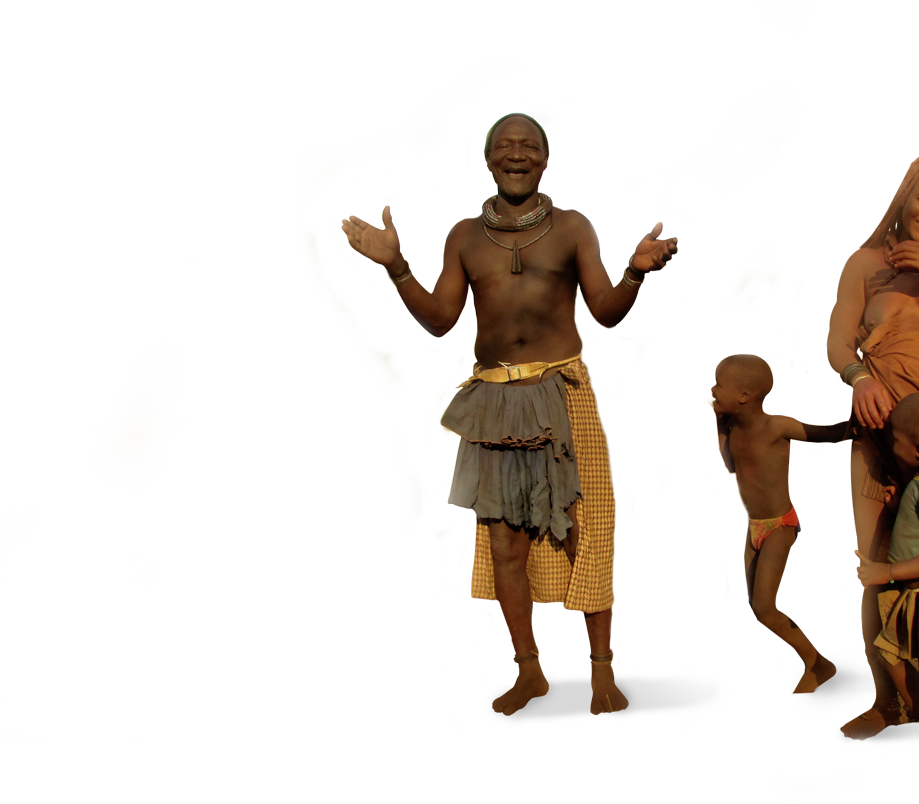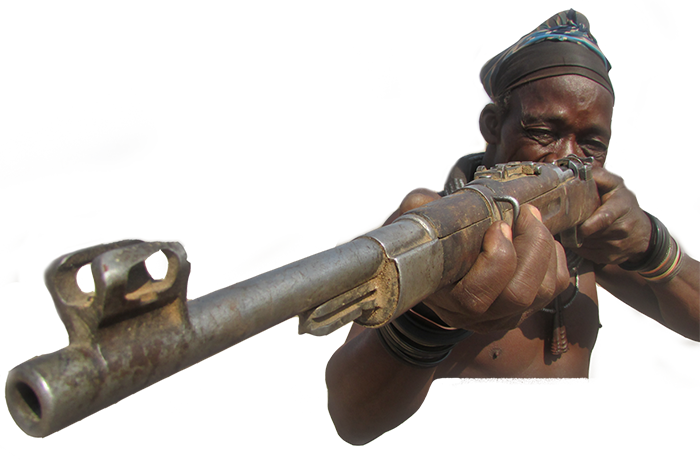Mbinge family
About the family
The holy fire belonged to my uncle who built the village, andI inherited it.
The village was built around 30 years ago by village elder Tuaseuapi Mbinge’s uncle, Tjitjai Mbinge. It takes its name from the hill located behind it.

Tuaseuapi Mbinge
Tuaseuapi means "who will guide us now that our parents are dead". He was given this name because his father died just before he was born and he had to move to another village, away from his mother.
Uazevaza Mbinge
This name expresses his family’s hopes that “he won't die young and will become rich with many cattle”.
Kambindja Mbinge
When he was a baby, family members would get Kambindja to sleep by singing this word over and over to him. Kambindja means "t-shirt".
The story of Uncle Tjitjai’s gun
Even if you give me a million cows I won't give it to you.
A long time ago a man came from Angola and sold a gun to Tuaseuapi’s uncle, Tjitjai. The gun cost 26 cows and after he bought it there were no cows left in the village. Tjitjai then gave the gun to Tuaseuapi. It was later confiscated by the police. When he went to collect it from the police station they tried to give him a different gun instead but he insisted they give him the gun that had cost his family everything.
A mysterious death
How do they become good readers?We don't know if it's a gift, or if it's guessing.
When Tuaseuapi’s father died, the family believed someone had used witchcraft to kill him. To find out who had killed Tuaseuapi’s father, the family followed the Himba tradition of using the carcass of a slaughtered cow to conduct a witchcarft “reading”. According to tradition, when six of the readings say the same thing, you have your answer. Readings are done by designated experts — usually someone who doesn’t know the family.
Getting help from the ancestors
We believe in our ancestors.Some also believe in god.
When the villagers need help, Tuaseuapi’s role as elder is to perform a ritual at the holy fire and pray to the ancestors. Villagers collect mopane leaves and slaughter a goat. Tuaseuapi invokes the ancestors, asking them to come with all their family and children to help.
Arranged marriage
She never came to this village.She didn't want to.
Tuaseuapi was married to his first wife when she was just four years old. His wife was expected to move to her husband’s village when she reached puberty, but she decided she didn’t want to. Although they never consummated the marriage, her children, by other men, are officially considered to be Tuaseuapi’s.
A new home
When I came to the village they taught me to hunt andI knew I wouldn't be hungry.
Tuaseuapi was born in Angola, but when he was a boy his father died, and it was considered improper for him to stay in his mother’s house without a father. His mother’s brother, Tjitjai, heard that his widowed sister had a boy who looked after the goats and thought Tuaseuapi would make a good herdsman. Tjitjai came to collect Tuaseuapi and brought him here, to the village where his mother was born. His uncle became his father figure.
Life in Ohungumure
Mbinge family members
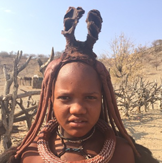 Kairaurua Rohuzo
Kairaurua Rohuzo
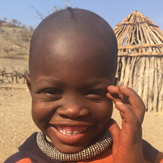 Kamutikona Tjisemo
Kamutikona Tjisemo
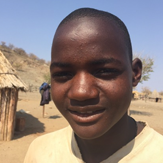 Kapimbire Rohuzo
Kapimbire Rohuzo
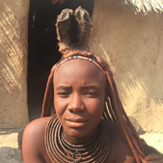 Karitjirimue Tjisemo
Karitjirimue Tjisemo
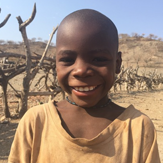 Mukamasatu Tjisemo
Mukamasatu Tjisemo
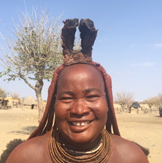 Munene Tjisemo
Munene Tjisemo
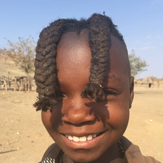 Muuaa Tjisemo
Muuaa Tjisemo
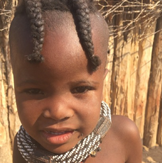 Ngorondu Tjisemo
Ngorondu Tjisemo
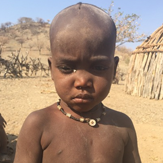 Njoro Tjisemo
Njoro Tjisemo
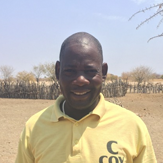 Rarivi Tjisemo
Rarivi Tjisemo
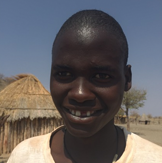 Ratjirambo Tjisemo
Ratjirambo Tjisemo
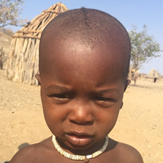 Repitare Tjisemo
Repitare Tjisemo
 Roreeko Tjisemo
Roreeko Tjisemo
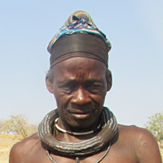 Tjarirove Rohuzo
Tjarirove Rohuzo
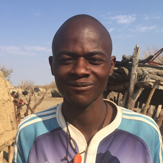 Tjirazupo Rohuzo
Tjirazupo Rohuzo
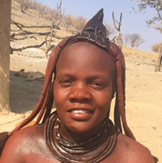 Uahenisa Tjisemo
Uahenisa Tjisemo
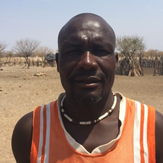 Uakurauka Tjisemo
Uakurauka Tjisemo
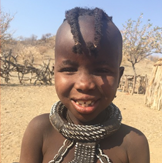 Uakutirua Tjisemo
Uakutirua Tjisemo
 Uamuhoro Tjisemo
Uamuhoro Tjisemo
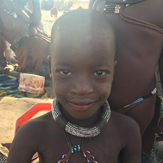 Utiziua Tjisemo
Utiziua Tjisemo
About the project
MyHeritage is proud to present Tribal Quest, a unique mission to record and preserve the family histories of tribal people around the world. As a global leader in helping people discover, preserve and share their family history, we believe that every story counts. Across a diverse range of cultures and backgrounds, our lives and family traditions are shaped by the generations that came before us, and we all have much to learn from our ancestors. People living in remote locations with limited access to modern technology don't have the tools to digitize their rich family histories, and they are often left unrecorded. Our vision is to help create an ever-expanding database of these invaluable stories. Our teams will visit tribal communities around the world in order to use the tools we have developed to help preserve their family histories for future generations.
